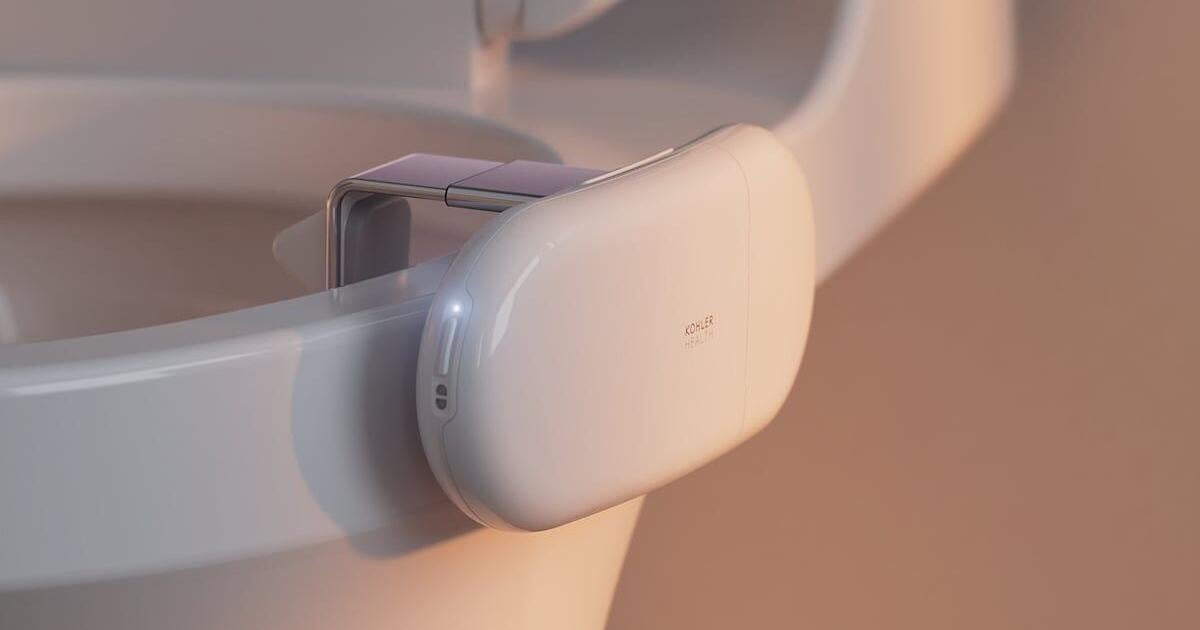Summary
Mallinckrodt Institute of Radiology (MIR) at Washington University School of Medicine in St. Louis is establishing a new center dedicated to developing AI-based imaging tools to improve the diagnosis and precision treatment of cancers, cardiovascular disease, neurological diseases and numerous other…
Source: EurekAlert!

AI News Q&A (Free Content)
Q1: What is the primary objective of the new center at Mallinckrodt Institute of Radiology?
A1: The primary objective of the new center, named the Center for Computational and AI-enabled Imaging Sciences, at the Mallinckrodt Institute of Radiology is to develop AI-based imaging tools to enhance the diagnosis and precision treatment of various medical conditions, including cancers, cardiovascular diseases, and neurological disorders. This initiative aims to integrate AI into imaging processes to improve disease diagnosis and predict disease progression more accurately.
Q2: How is the Mallinckrodt Institute of Radiology collaborating with other institutions for this initiative?
A2: The Mallinckrodt Institute of Radiology is collaborating with Washington University School of Medicine and the McKelvey School of Engineering to establish the Center for Computational and AI-enabled Imaging Sciences. This collaboration aims to leverage the strengths of these institutions in medicine and engineering to advance AI-driven imaging technologies for medical use.
Q3: What are some potential benefits of AI-based imaging tools in medical diagnostics?
A3: AI-based imaging tools can significantly improve the accuracy and efficiency of medical diagnostics by providing detailed and precise images, enabling early detection of diseases, and assisting in personalized treatment planning. These tools can enhance the diagnostic value of imaging modalities, streamline workflows, and reduce the cognitive burden on healthcare professionals.
Q4: What challenges are associated with the integration of AI in medical imaging as discussed in recent scholarly articles?
A4: Recent scholarly articles highlight challenges such as ensuring the safety, reliability, and interpretability of AI systems in medical imaging. There are concerns around the accountability of AI-assisted diagnosis and the risk of automation bias. Moreover, the need for a well-defined liability framework is emphasized to ensure AI functions as an assistive tool rather than an autonomous decision-maker.
Q5: How does the new center at Mallinckrodt Institute of Radiology plan to address the challenges of AI in healthcare?
A5: The new center plans to address the challenges of AI in healthcare by fostering collaboration between different fields, such as medicine and engineering, to develop robust AI systems. These systems will aim to be interpretable and reliable, ensuring they are used as supportive tools in medical diagnostics. The center will also focus on integrating multimodal data sources to enhance precision medicine.
Q6: What recent advancements in AI-based imaging have been reported in scholarly literature?
A6: Recent advancements in AI-based imaging, as reported in scholarly literature, include the use of deep learning techniques for computer-aided diagnosis (CADx) systems in detecting conditions like glaucoma. These advancements highlight the potential of AI to assist clinicians in early and accurate disease detection, which is crucial for preventing vision loss and other health complications.
Q7: How does the establishment of AI-enabled imaging centers impact patient care according to the latest research?
A7: The establishment of AI-enabled imaging centers positively impacts patient care by improving diagnostic accuracy, personalizing treatment plans, and enhancing overall patient management. AI systems help streamline medical processes, reduce the workload on healthcare professionals, and ensure timely and precise diagnoses, ultimately leading to better patient outcomes.
References:
- AI Techniques for Cone Beam Computed Tomography in Dentistry: Trends and Practices
- AI-Driven Approaches for Glaucoma Detection -- A Comprehensive Review
- DeepSeek reshaping healthcare in China's tertiary hospitals
- Mallinckrodt Institute of Radiology AI-based imaging tools
- Mallinckrodt Institute of Radiology AI-based imaging tools
- Mallinckrodt Institute of Radiology AI-based imaging tools





